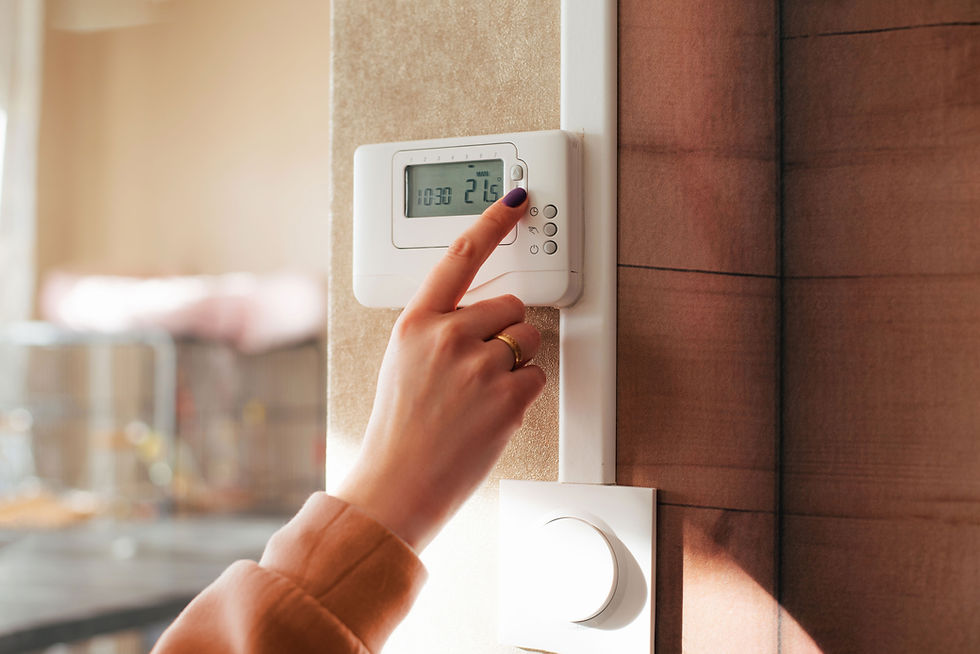Can AI protect your privacy and security?
- OwnWatt
- Apr 15, 2025
- 2 min read
Updated: Apr 17, 2025
AI is now a part of everyday life, from answering questions to managing smart homes. But is your data safe? Let’s break it down.

Where Does Your AI Data Go?
When you enter information into an AI tool like ChatGPT, it’s processed on secure cloud servers, not stored on your device. But how is it protected?
How Secure is AI in the Cloud?
Most AI platforms follow strict security measures:
Data Encryption: Protects your information during transfer and storage.
Access Control: Ensures only authorized systems can use your data.
Anonymization: AI models process data without storing personal details.
AI providers work hard to keep your data safe, but it’s always good to review privacy policies.
Balancing Convenience and Privacy
AI makes life easier—think Amazon’s product recommendations, Google’s smart assistants, and Microsoft’s automated schedules. The more AI learns about you, the more useful it becomes. However, companies use aggregated and anonymized data to enhance services while keeping personal details secure.
AI and Energy: Is Your Smart Home Spying on You?
Many homeowners wonder: Does Google Nest collect my data? The answer is yes—but with strong safeguards:
Smart thermostats track usage to optimize efficiency.
Data is encrypted and anonymized to prevent unauthorized access.
You control data-sharing settings and can adjust privacy options.
Strict policies ensure data is used responsibly, but trust in the provider remains key.
Bottom Line: Can AI Be Trusted?
Yes—with the right safeguards. Encryption, anonymization, and transparency help protect your data. AI can improve your life while keeping your privacy intact, but understanding what’s collected and how it’s used is always a good practice.
Would you trust AI to optimize your home while keeping your data secure? Let us know!




Comments